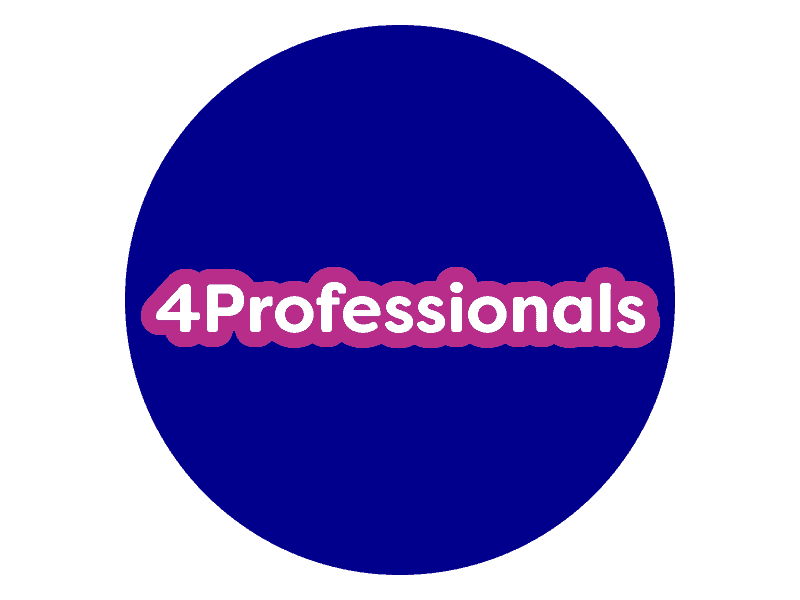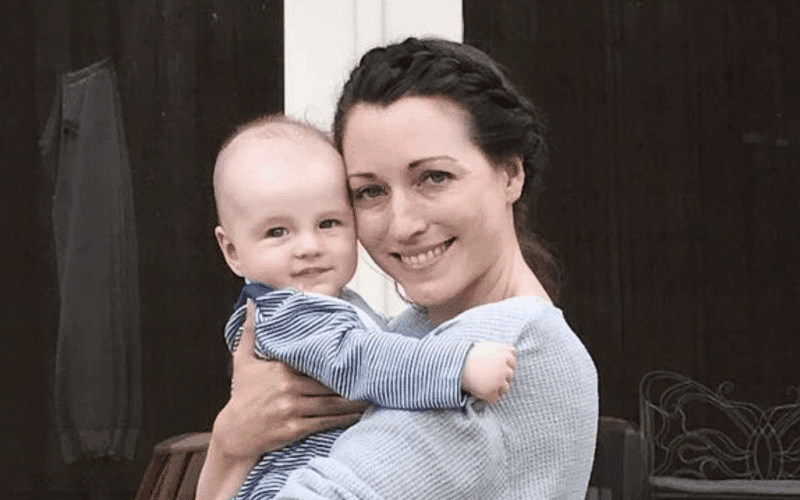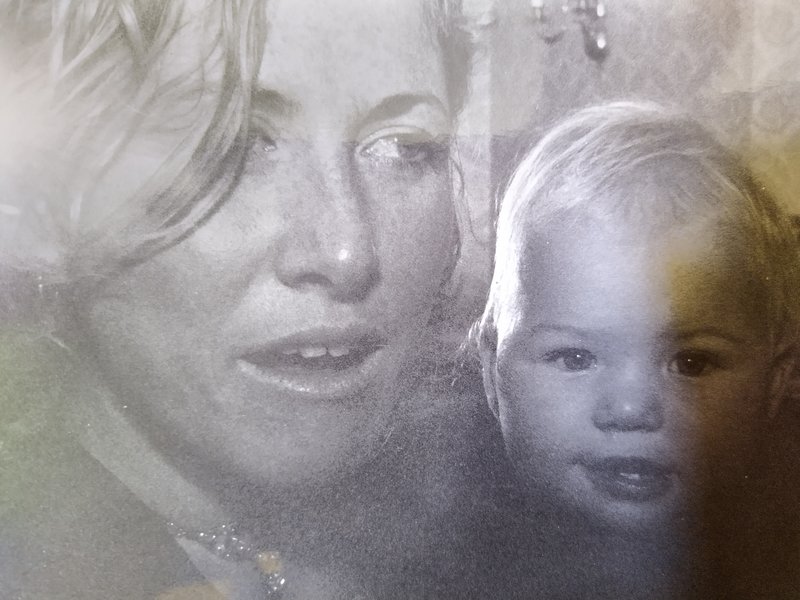The first fortnight; the first greeting and night at home (part 3 of 4)
Natalie Meddings – Doula and Yogabirth Teacher
Author of How to Have a Baby and Why Home Birth Matters
www.tellmeagoodbirthstory.com
Summary
Every single day, thousands of babies are born. Every single day, huge numbers of people become parents. Logically at least, how to care for a newborn should be common knowledge, if not a blueprint. You’d think most of us would have a rough draft in mind of how the first fortnight is likely to feel.
Yet few do. The first days aren’t just uncharted, there’s an unfamiliarity people aren’t even expecting. ‘We don’t know what we don’t know,’ says Sheena Byrom about the way we approach birth now. And the same can be said for when the baby is here. Feeling unprepared is common.
The source point is a lack of ordinary support and close community, parents having little first-hand experience of new babies, nor anyone around them having any either. Add in commercial and media messages showing only the chubby, smiling version of a baby (these are six months old) or motherhood presenting nothing more challenging than a nappy-change, and you can see why being realistically ready for a newborn is rare.
This is where these articles come in. If you are pregnant for the first time, I want to help you to get a picture of it all, the first minutes, the first night; some of what those first fourteen days will bring. And by doing so, to swap uncertainty for acceptance, self-doubt for some motherly peace of mind:
Part 1 – The first fortnight; simple rhythms
Part 2 – The first fortnight; make yourself a priority
Part 3 – The first fortnight; the first greeting and night at home – this article
Part 4 – The first fortnight; old habits and new alternatives
The first hour…
 How a baby arrives varies. But whether in a birth pool or operating theatre, there is usually an opportunity to connect, to take your baby – albeit a bit tangled onto your chest and welcome them. Peace and privacy are the best setting for that, and if that’s not possible immediately, create it when it is. Take your baby onto your naked chest and breathe them in. They are ready to meet you.
How a baby arrives varies. But whether in a birth pool or operating theatre, there is usually an opportunity to connect, to take your baby – albeit a bit tangled onto your chest and welcome them. Peace and privacy are the best setting for that, and if that’s not possible immediately, create it when it is. Take your baby onto your naked chest and breathe them in. They are ready to meet you.
‘In the first 45 minutes of life, most babies are in the quiet alert state‘ write paediatricians, Klaus and Kennel whose pioneering 1970s study of newborn activity was the first of its kind.
‘Their eyes open in a bright, wide-eyed gaze when the light in the room is not too bright. In this state, babies rarely move. They mould to their parents form….and look directly at their parent. The infant will often remain 40 minutes in this state, where motor activity is suppressed and all the baby’s energy seems to be channelled into seeing, hearing and responding. Newborn’s seem especially prepared to greet their parents and are able to interact with their parents on many levels.’
So, immerse yourself. Time sort of stops anyway, so let it and take this precious time to let it all sink in. Some people feel very emotional at the point of birth, but it’s also normal to feel removed and overwhelmed, which is why it’s important to be in the moment and where you’re at.
‘The mother takes her child in her arms, the two are still attached by the umbilical cord, and the mothers position makes their connection as rich and complete as possible. Every part of the baby’s body is in contact with the mothers. They look at each other almost immediately,’ says obstetrician Michel Odent about the heightened quiet of that important moment. ‘Busy health professionals, impatient to get on with something else, often try to hurry this period after birth. But there is nothing to lose and so very much to gain by letting a mother and her child get to know each other at their leisure.’
Feeding is the other important factor in the first hour. If your baby is given time, they may crawl, root around and attach to the breast all by themselves. And if they don’t, there’s no rush. Remember there is milk to express and a mouth to put it in, so if your baby doesn’t latch easily in the first hour, don’t stress. Avoid putting them on the breast any-old-how as that can quickly lead to nipple damage. Have good support ready, either from a midwife, an infant-feeding specialist in the hospital or a breastfeeding counsellor or service you’ve made contact with. They will guide you.
The first night home…
It can feel surreal, your first night home with your baby.
It’s bewildering to realise you are here – a parent, entrusted with a brand-new human being and you can quickly feel unqualified, a-flood with questions, and terrified that your now very fragile-seeming baby is going to break. But everyone feels that way, so take a breath. Put the kettle on, make some food. Do something normal.
In the space of an hour, it’ll start to feel a little less strange. The most pressing concern is how to sleep, so set things up in a way that’s going to get you as much rest as possible, partners sleeping in another room for example, so that you can commandeer the whole bed.
Be warned that your milk may coming in by now (day 2-3), and that as your baby needs to stimulate supply, getting them off alone in a side-lying cot or crib is likely to be a losing battle. Being flexible – working out what works – is going to be key in the coming year, and here’s where it starts. Given sleep is a technical issue at this early stage – you need to grab it where and when you can, safe co-sleeping may be something to consider.
Links to birth repository resources
 Books
Books
The First Year of Parenting by Amy Brown
Why Postnatal Recovery Matters by Sophie Messager
Why Mothering Matters by Maddie McMahon
Holistic Sleep Coaching by Lyndsay Hookway
You’ve Got it in You, a positive guide to breastfeeding by Emma Pickett
 Videos
Videos
How To Put Your Baby To Sleep, According To “The Baby Whisperer”
Dr Jack Newman’s Visual Guide to Breastfeeding
 Social media
Social media
Maddie’s Miracle – Breastfeeding Support Group
Royal Surrey Maternity – Hand Expressing once you have had baby










